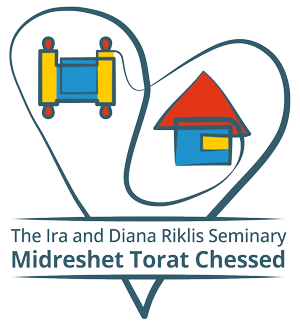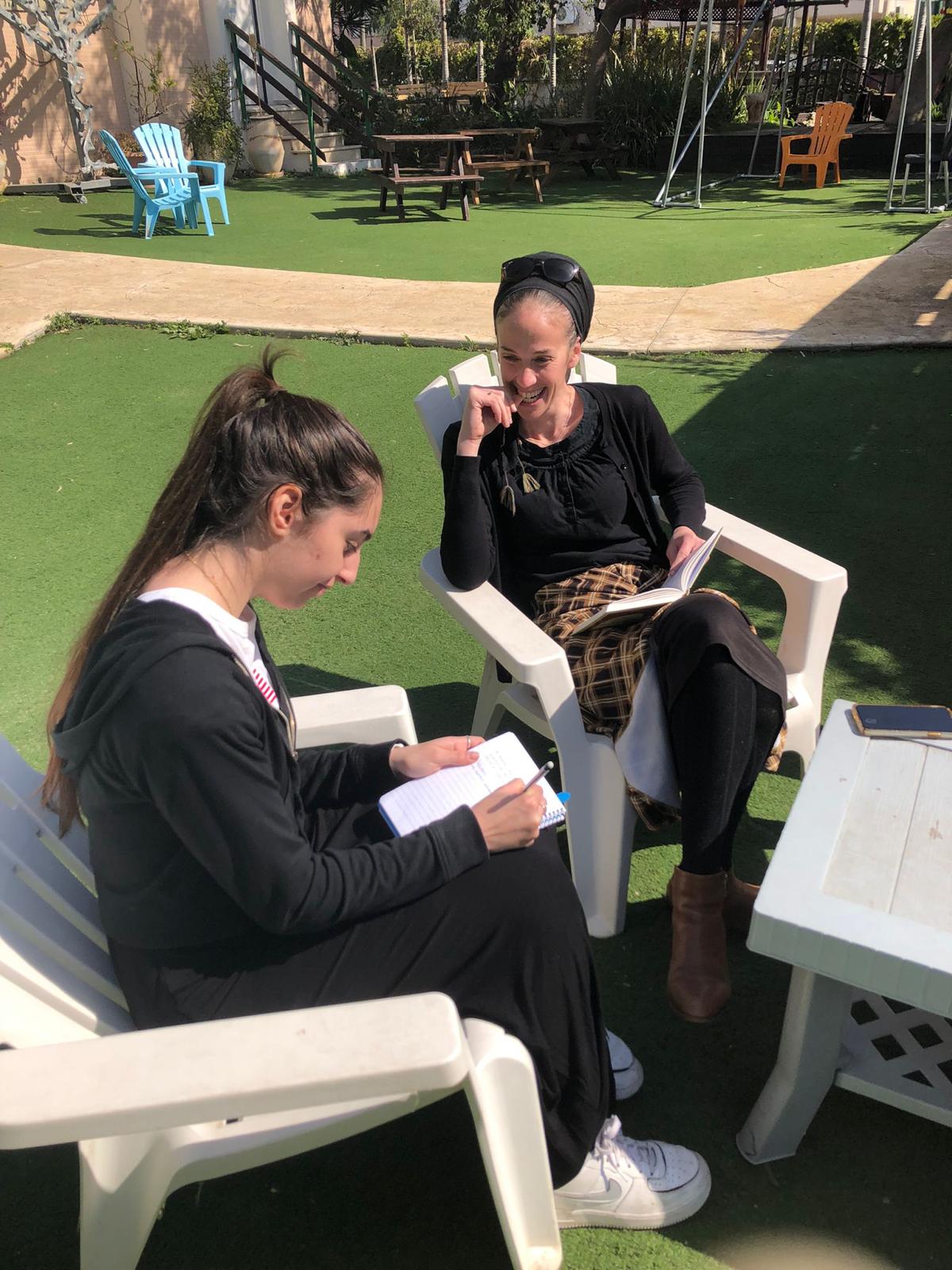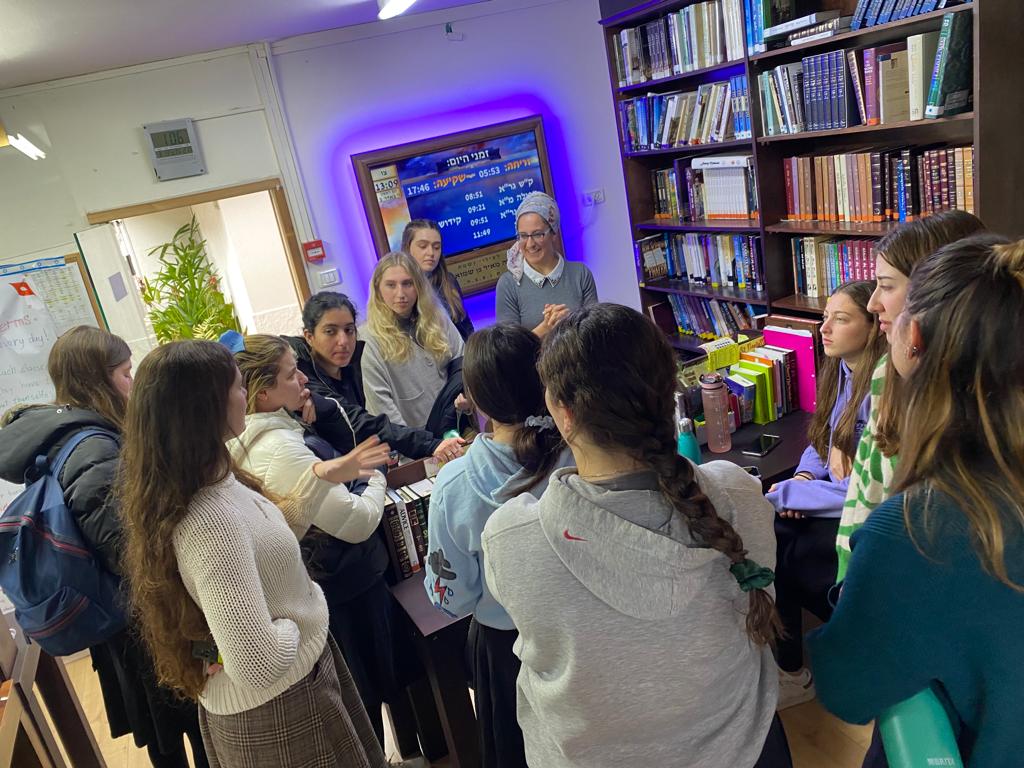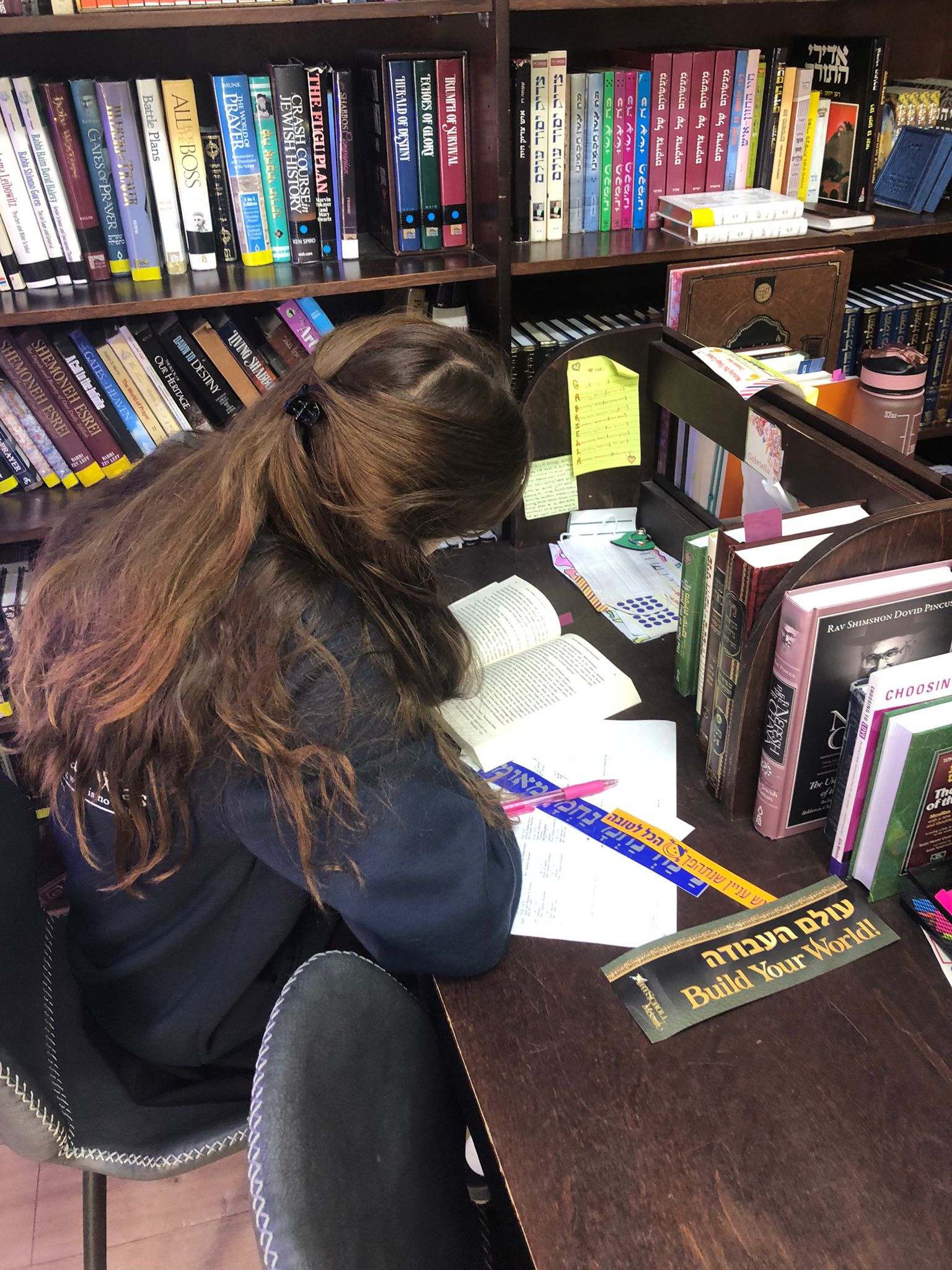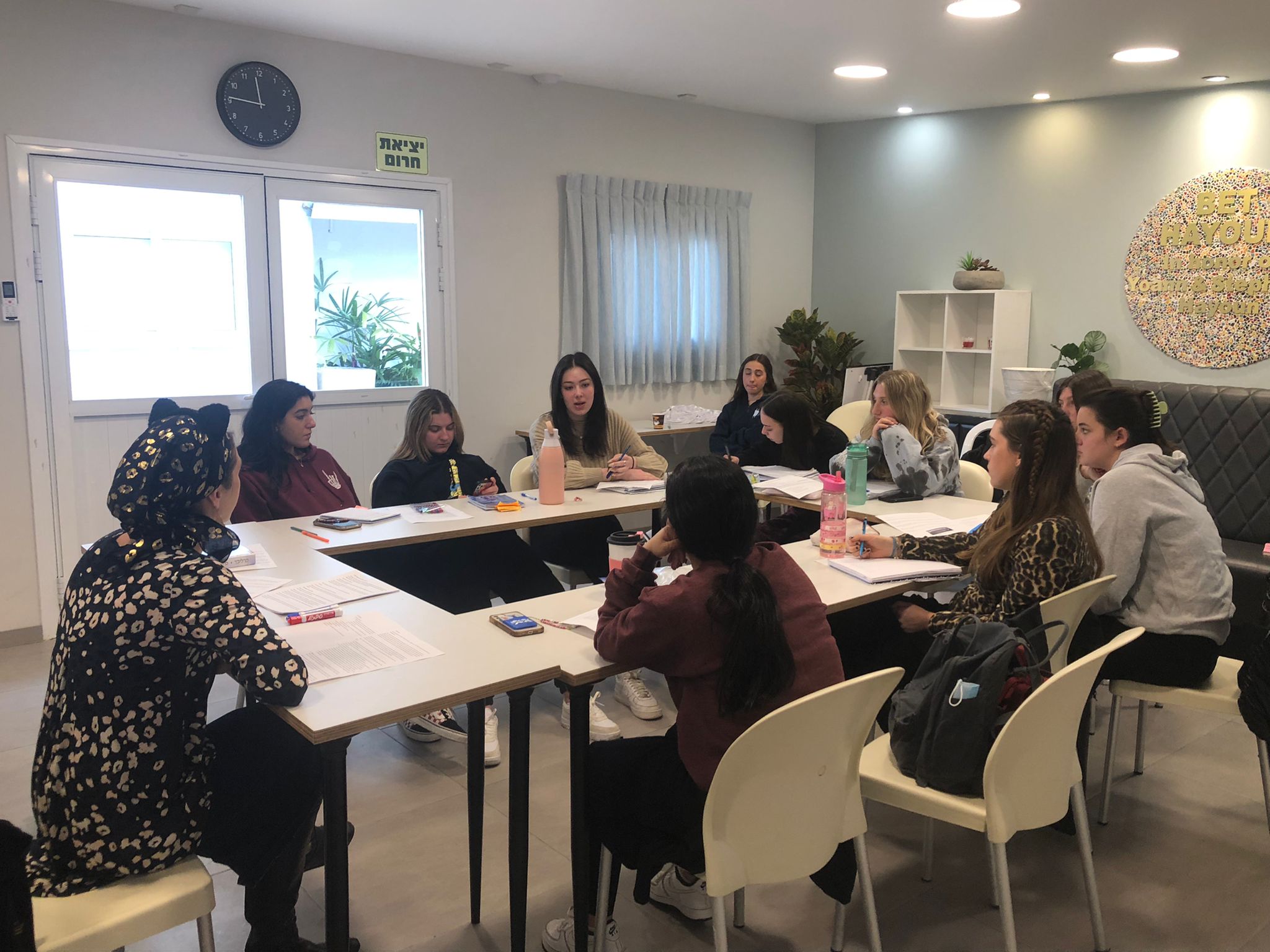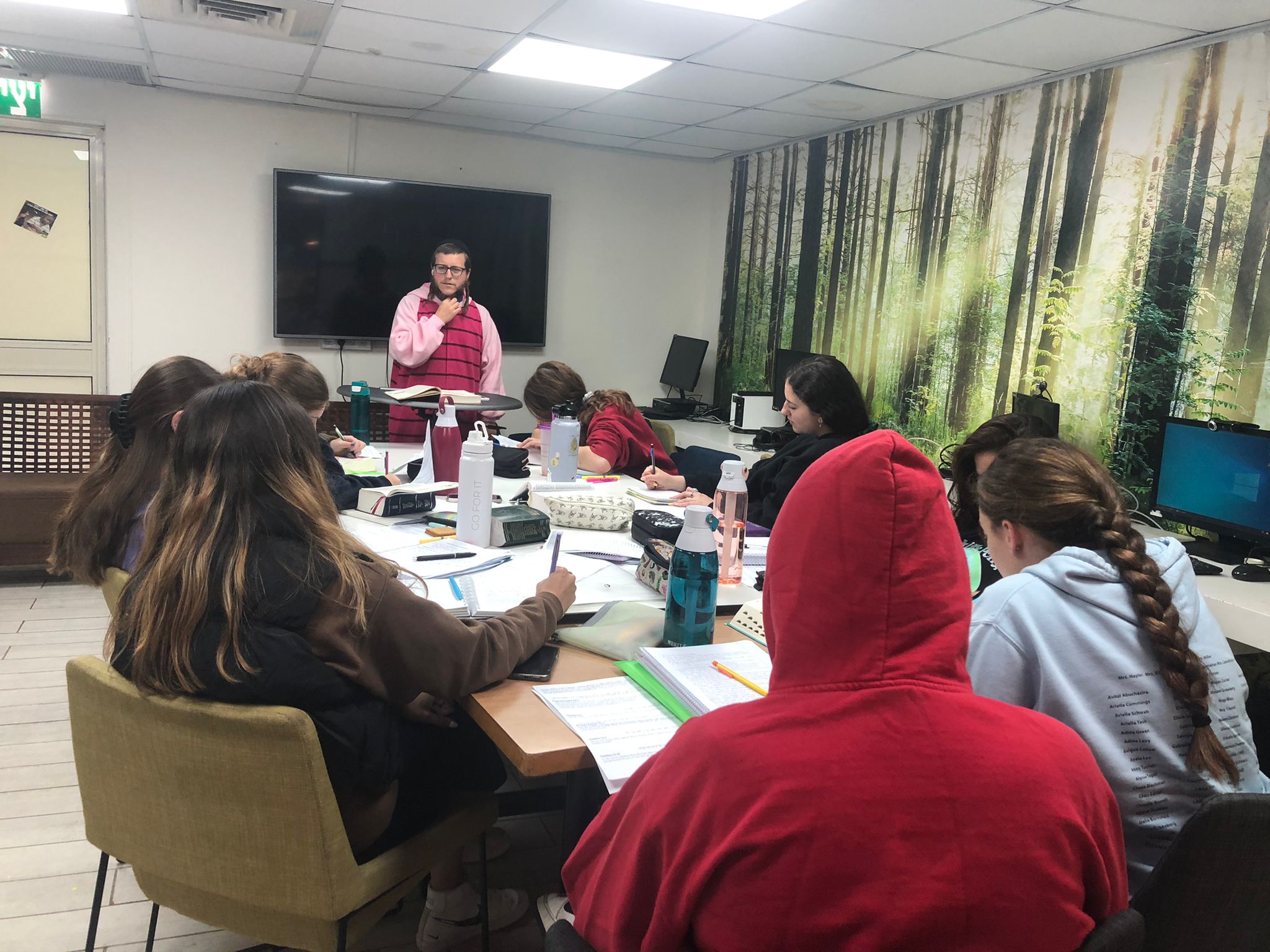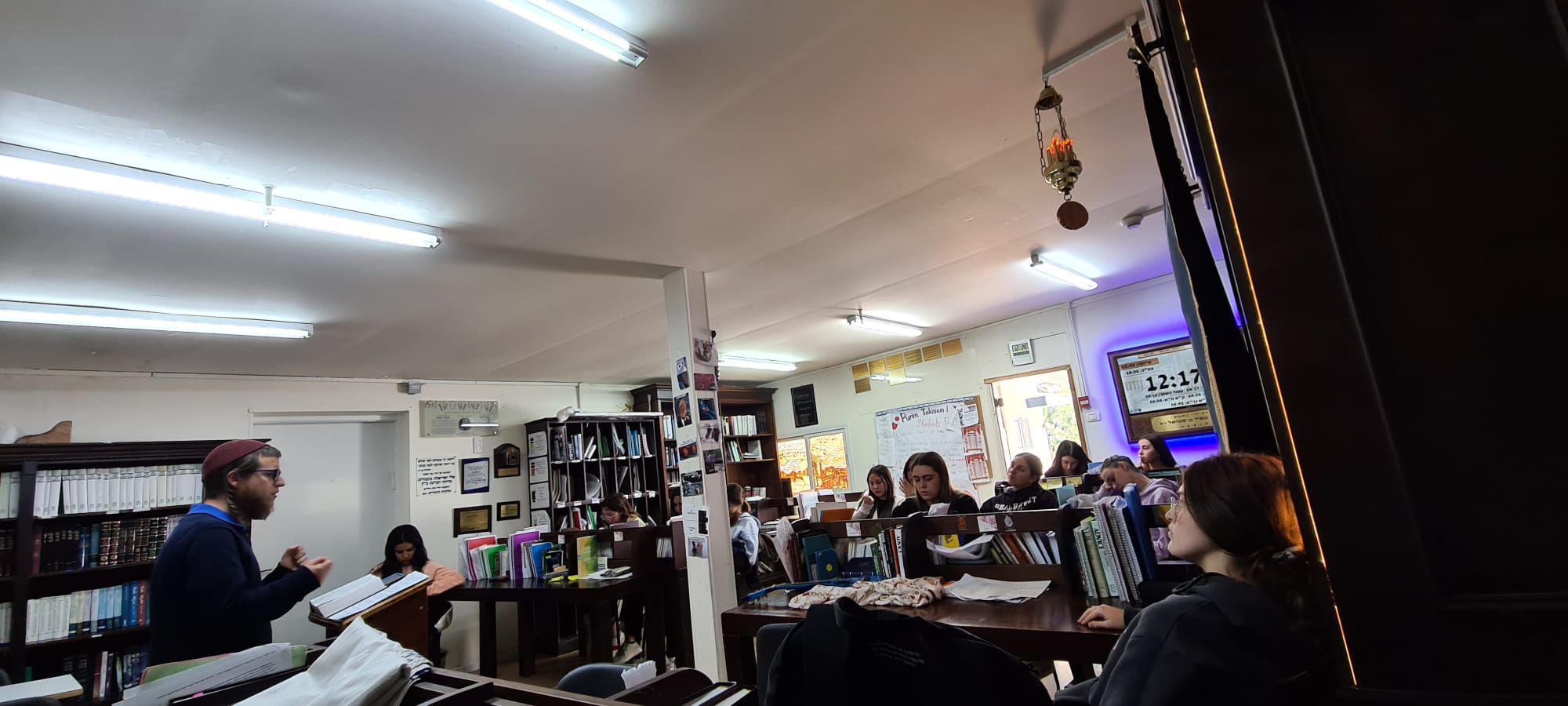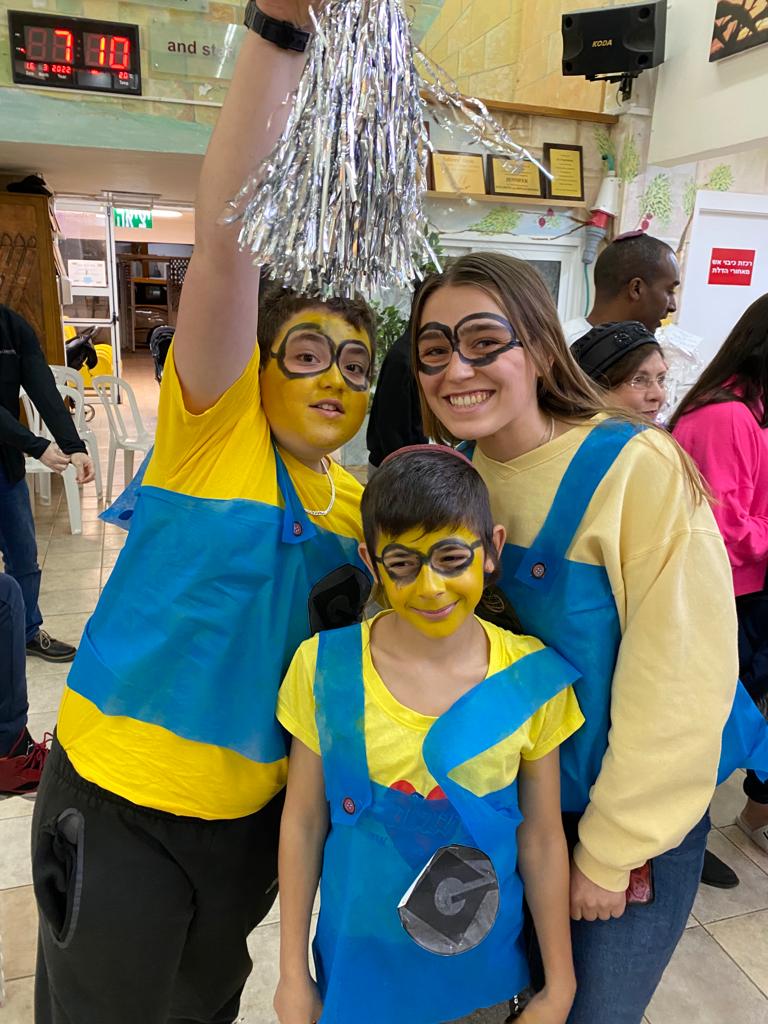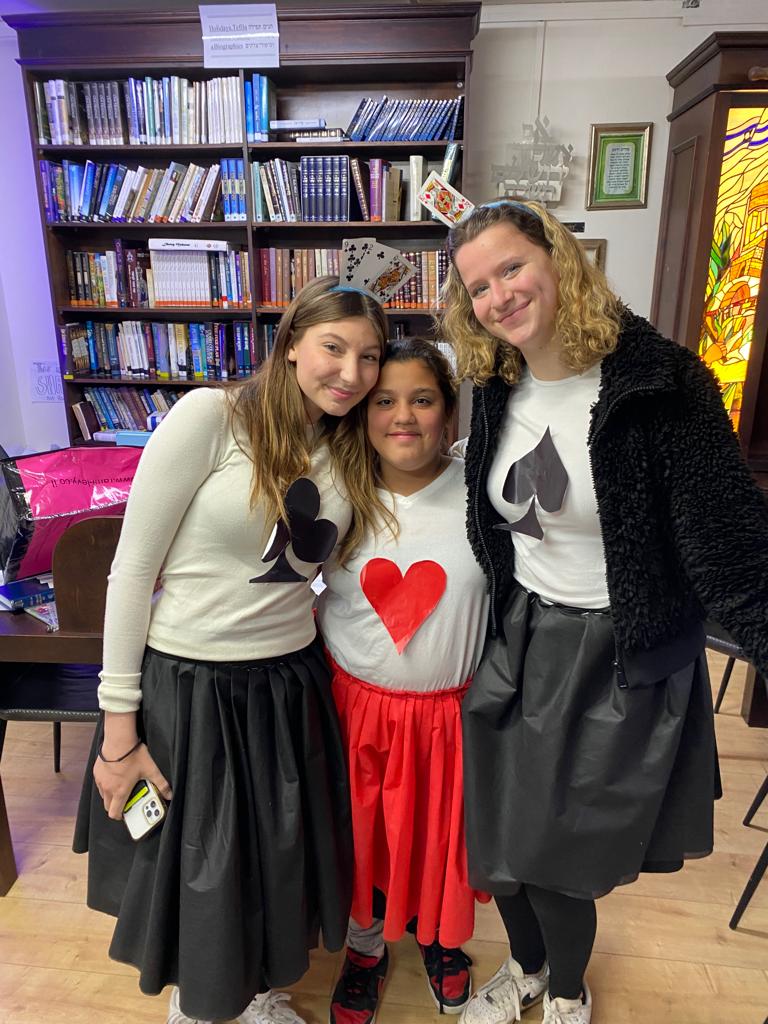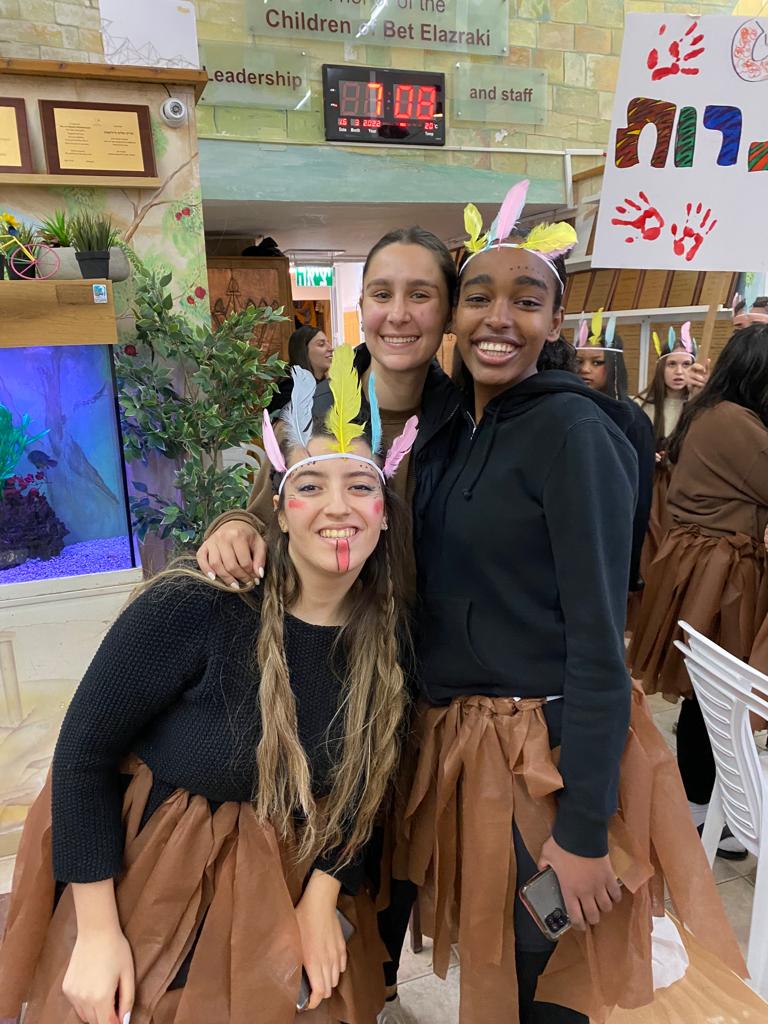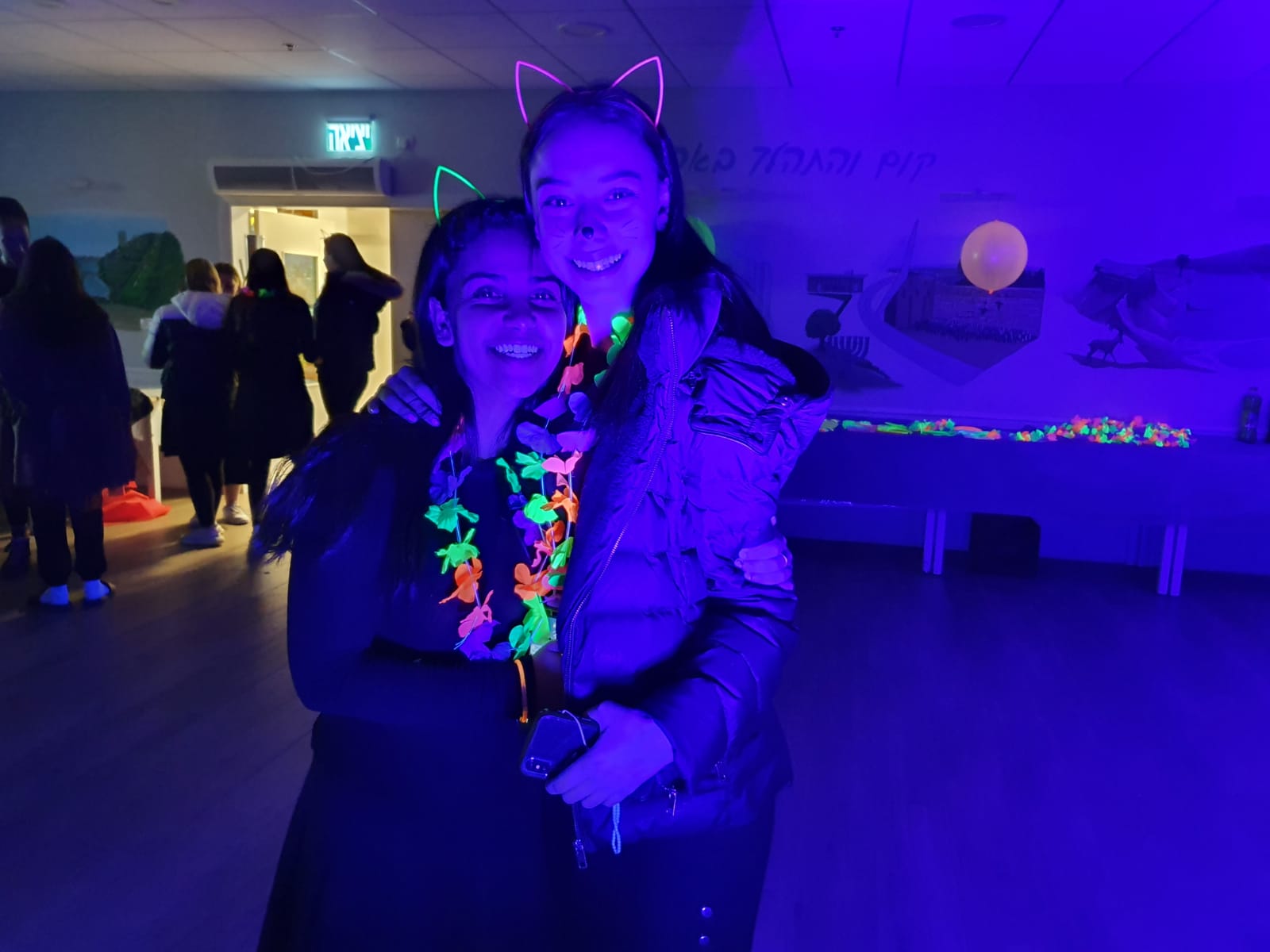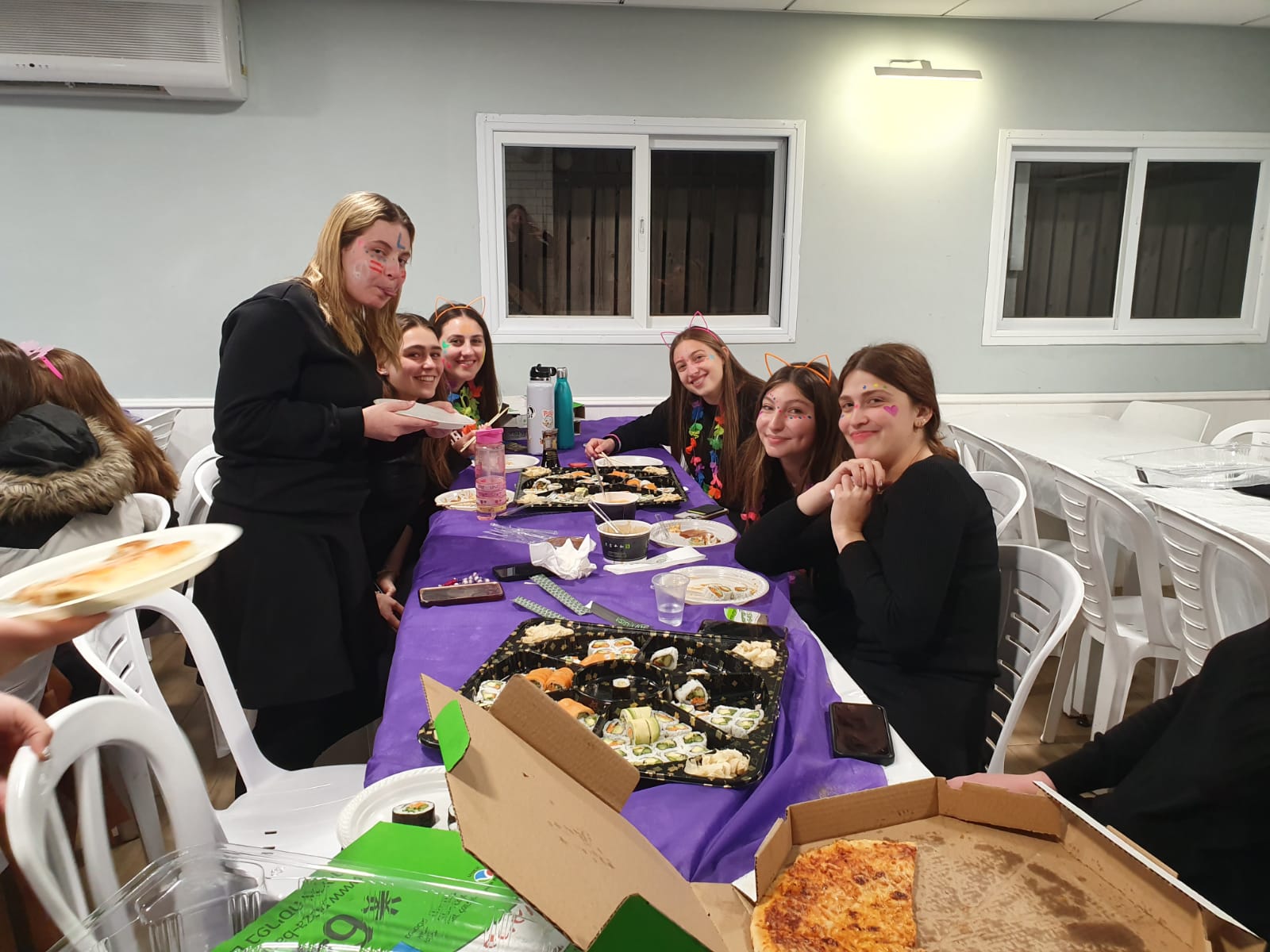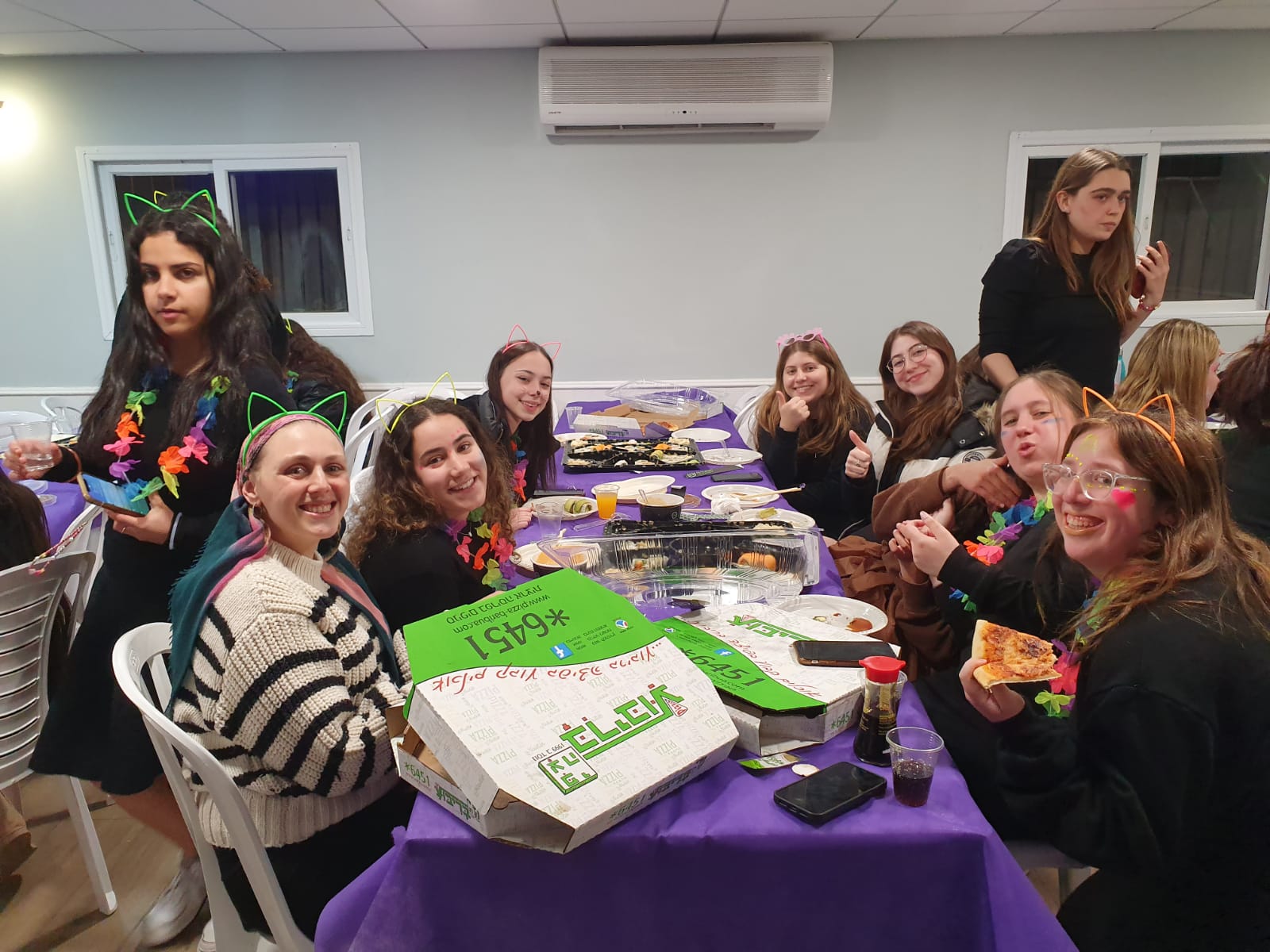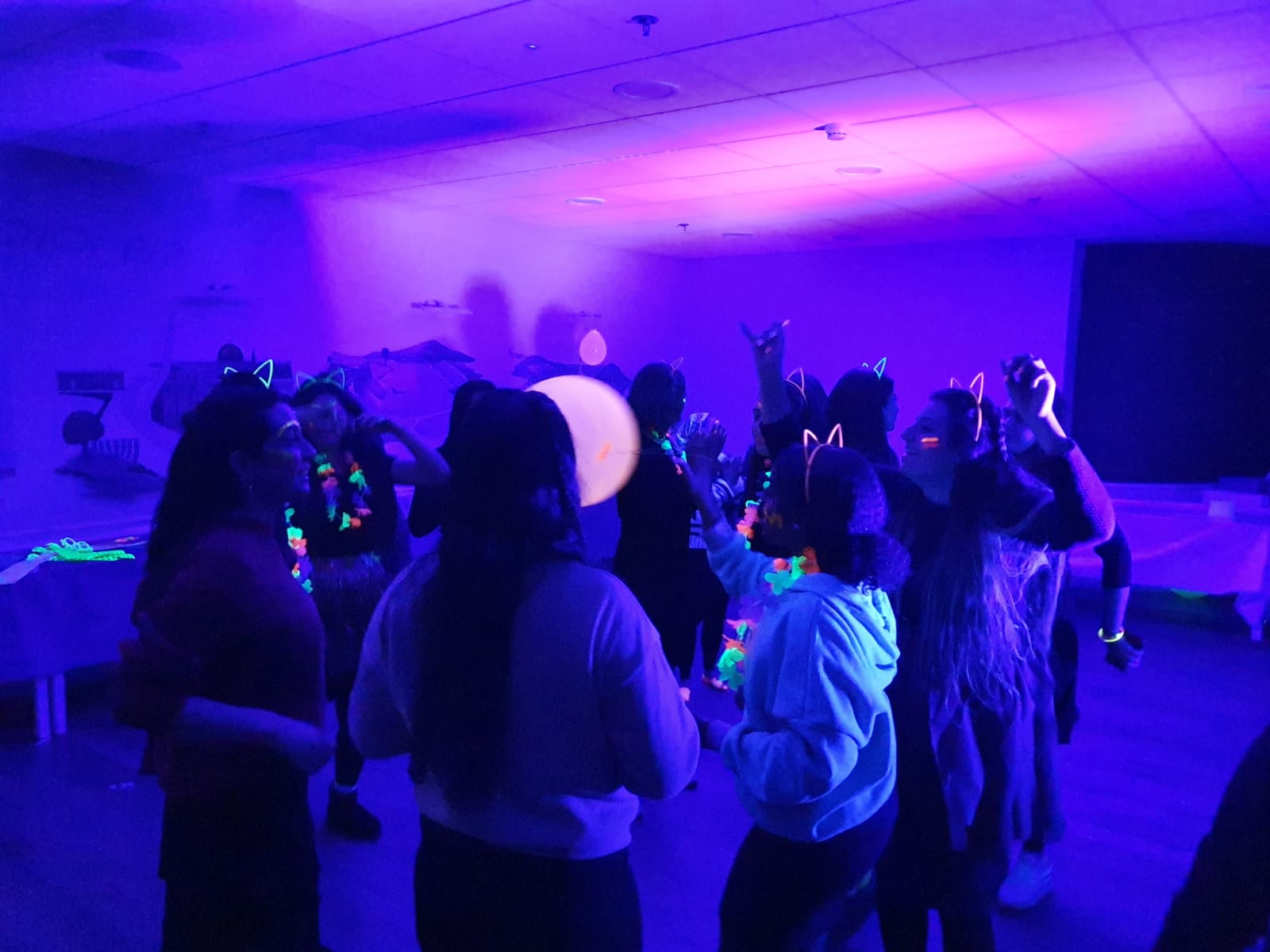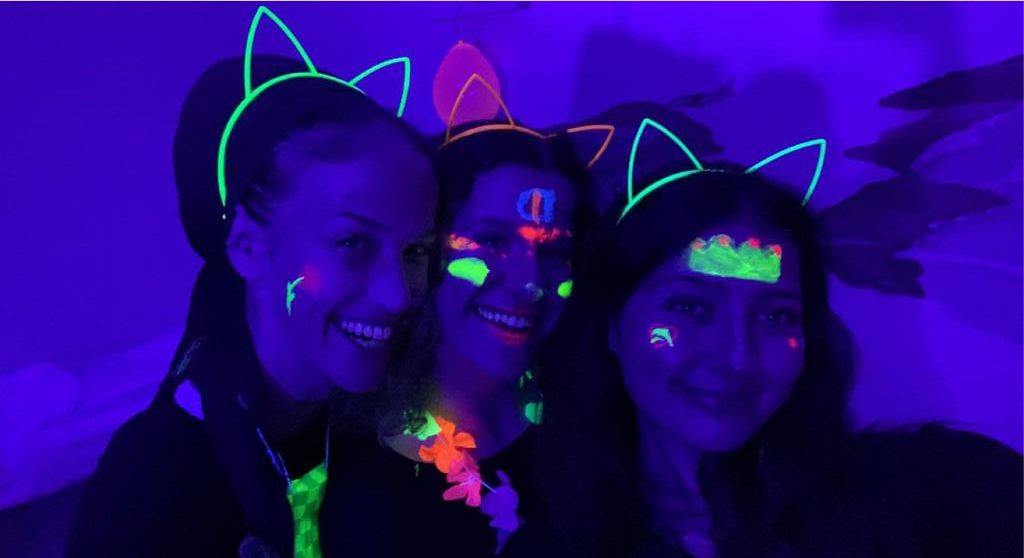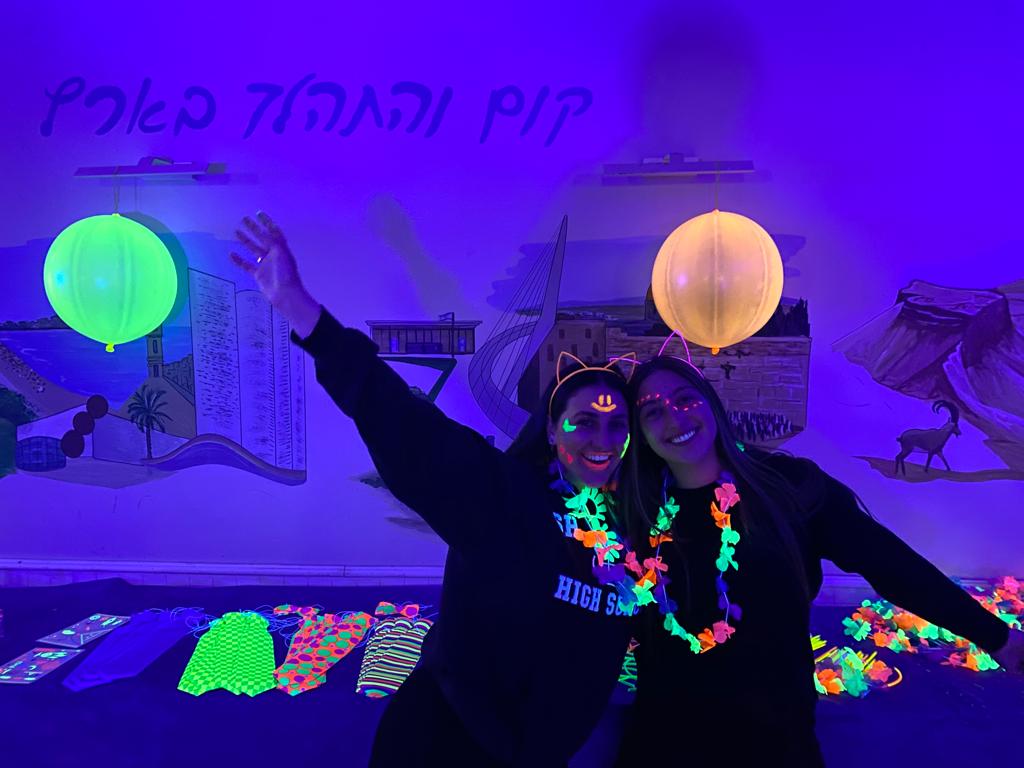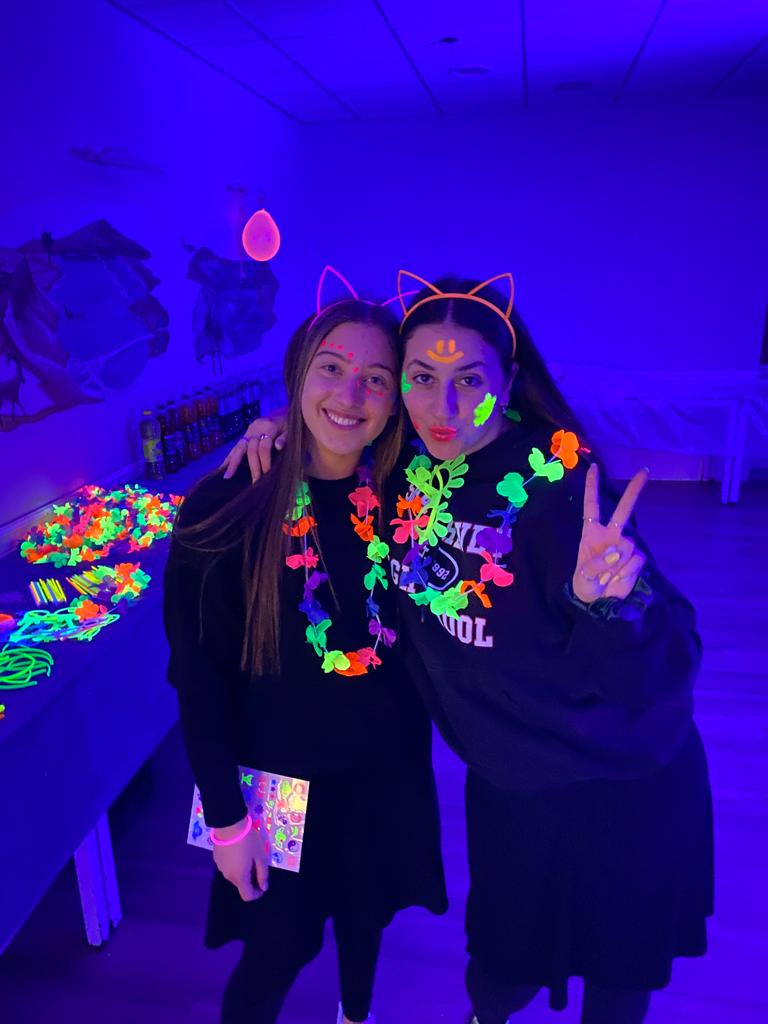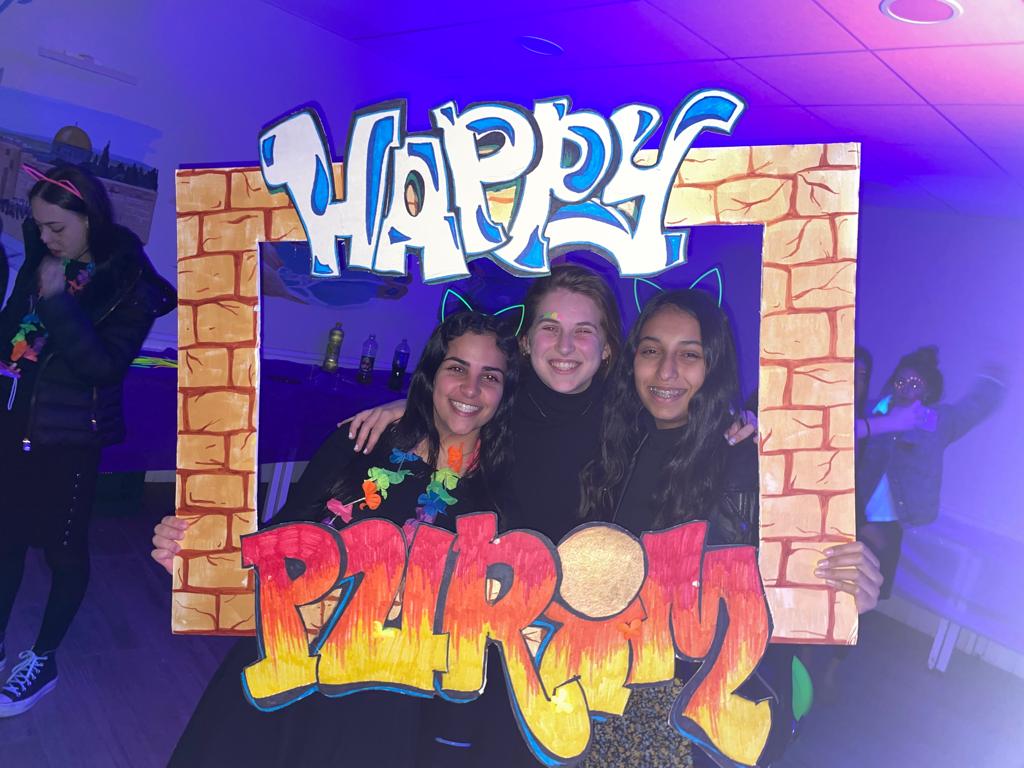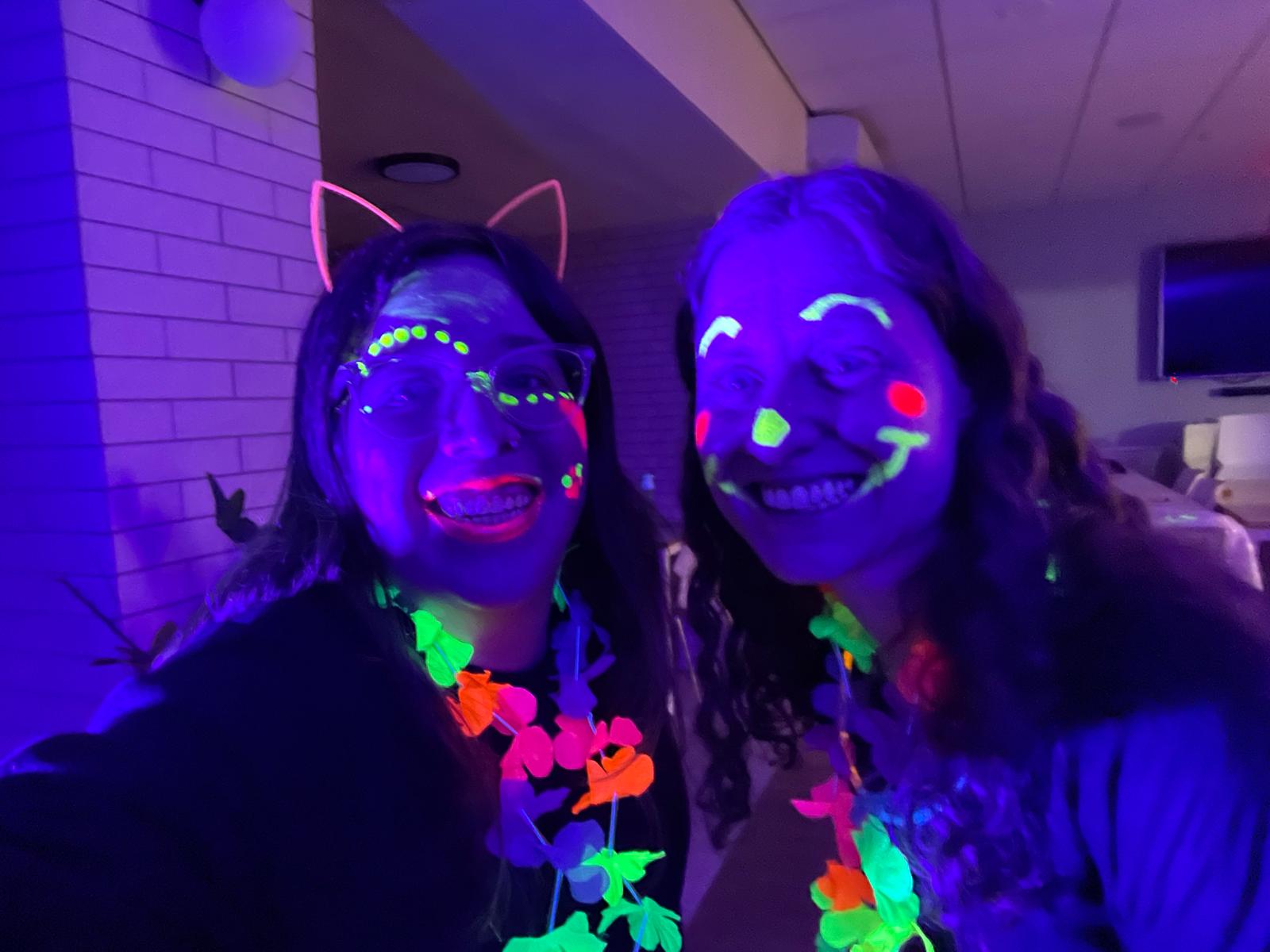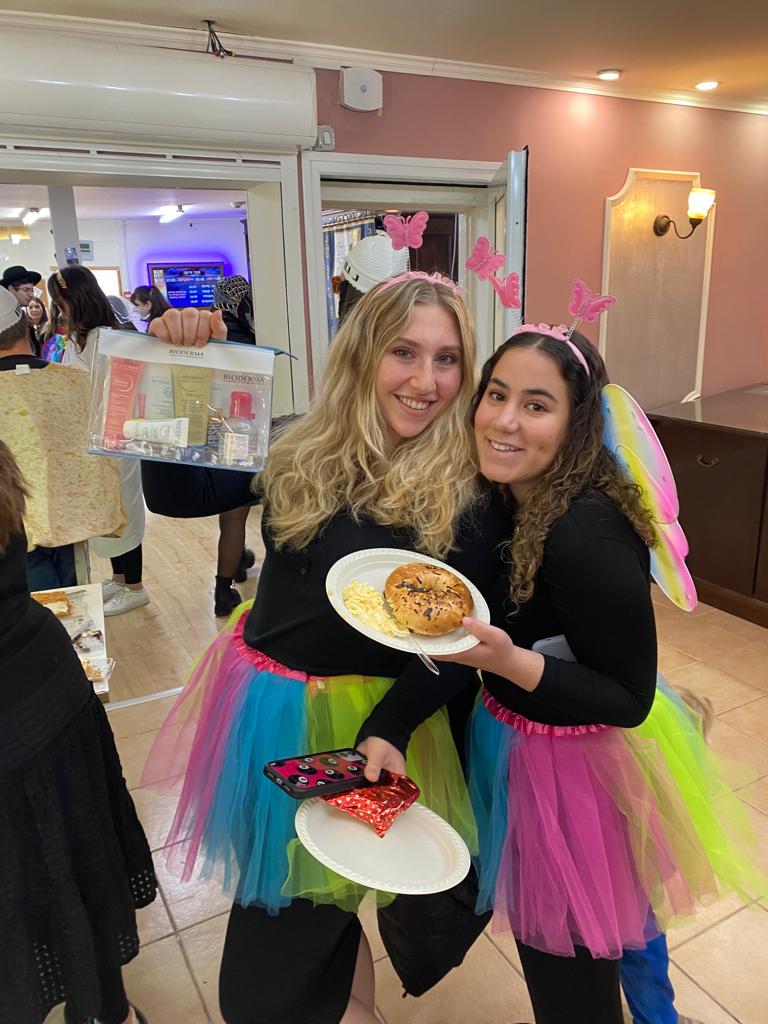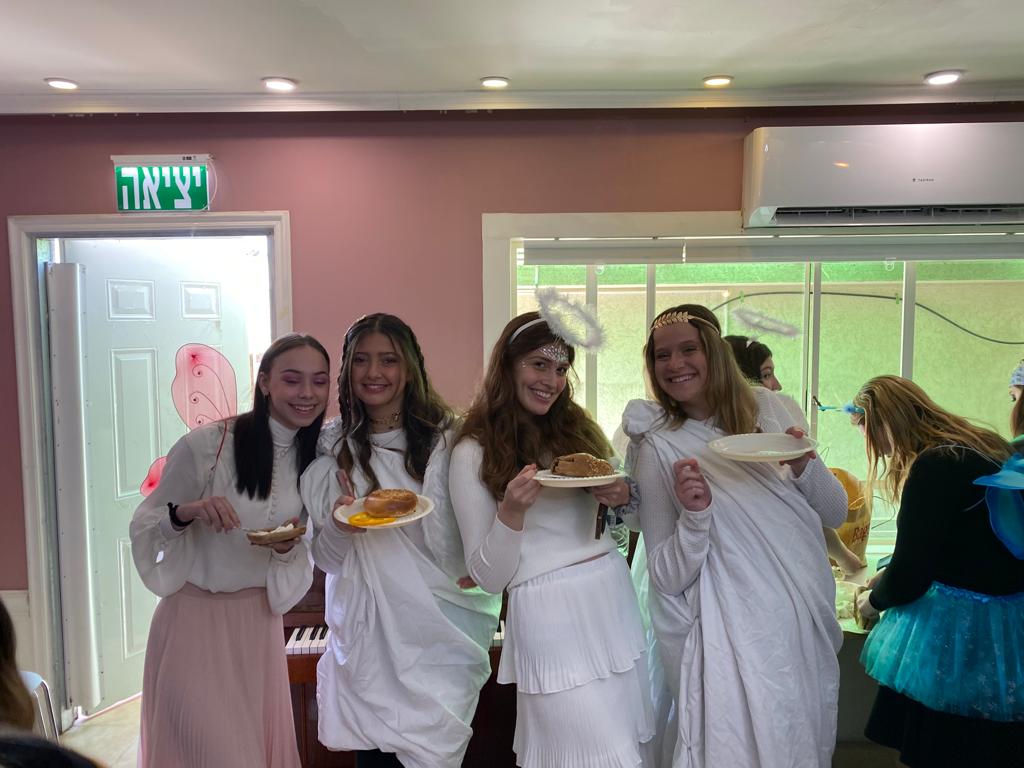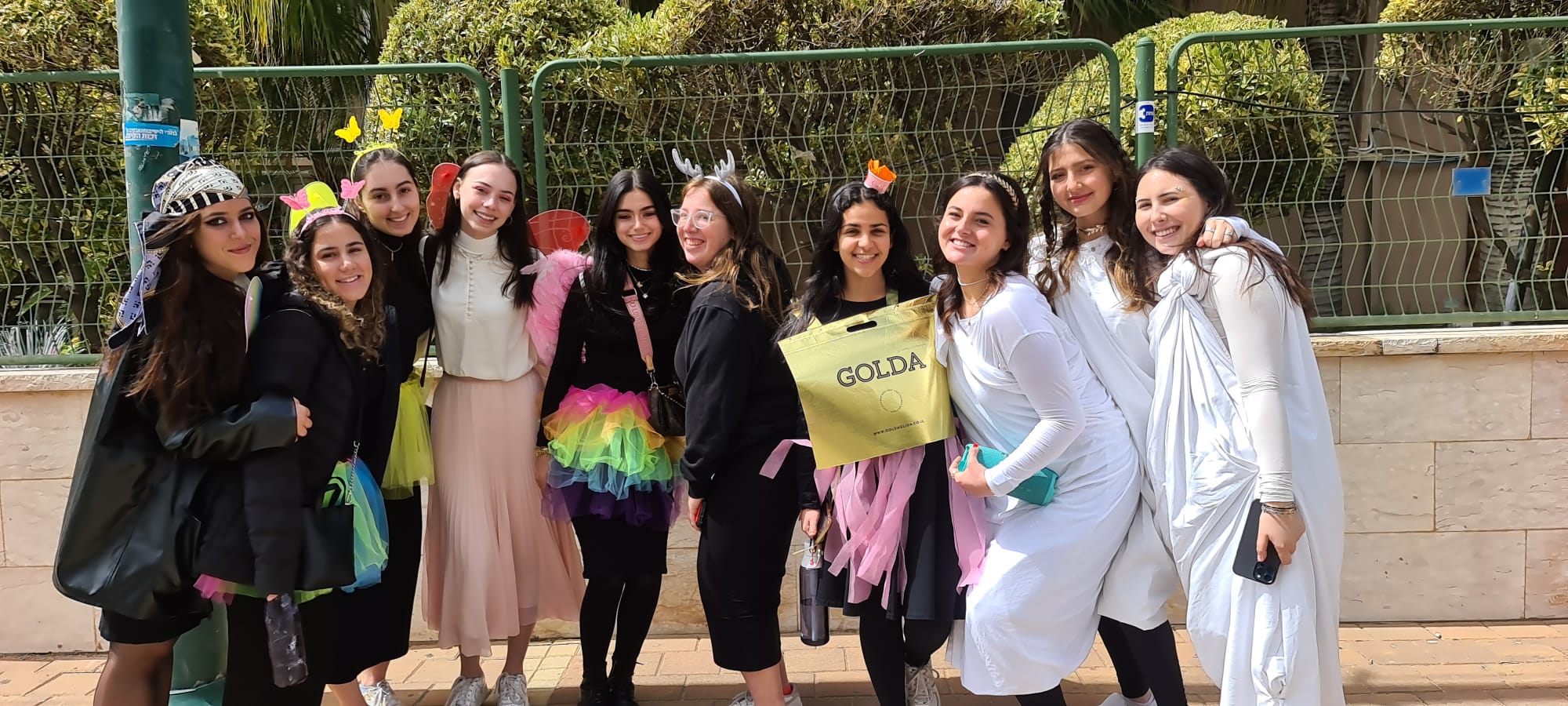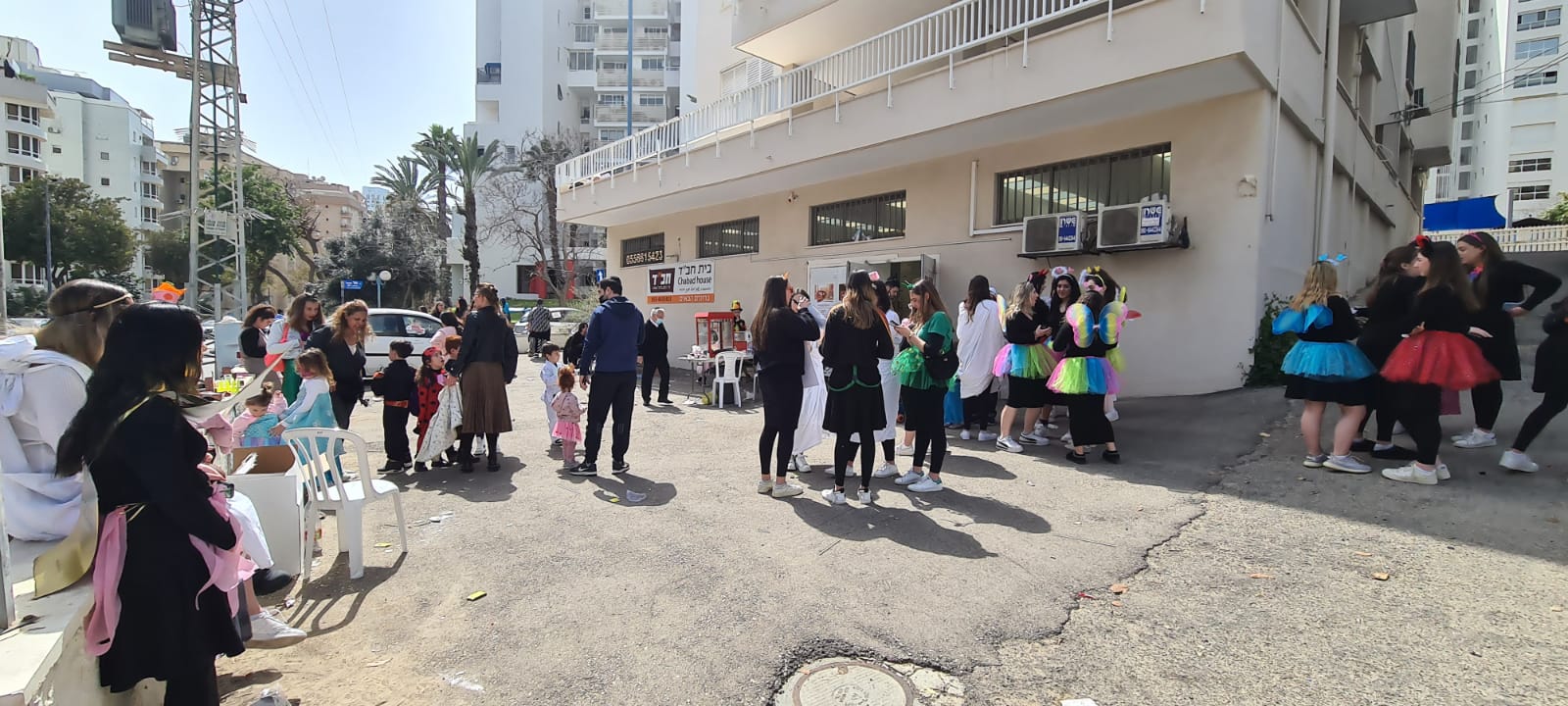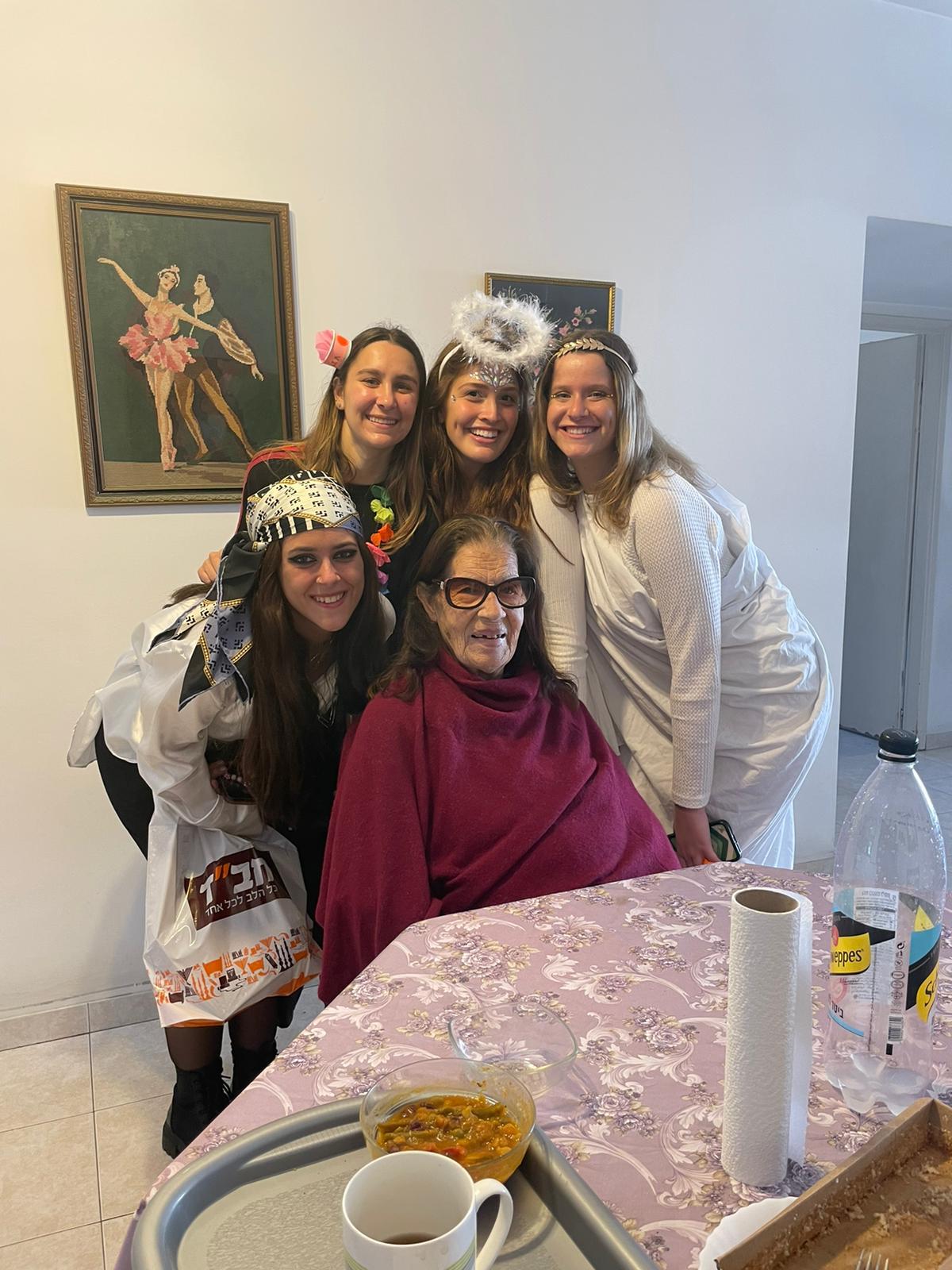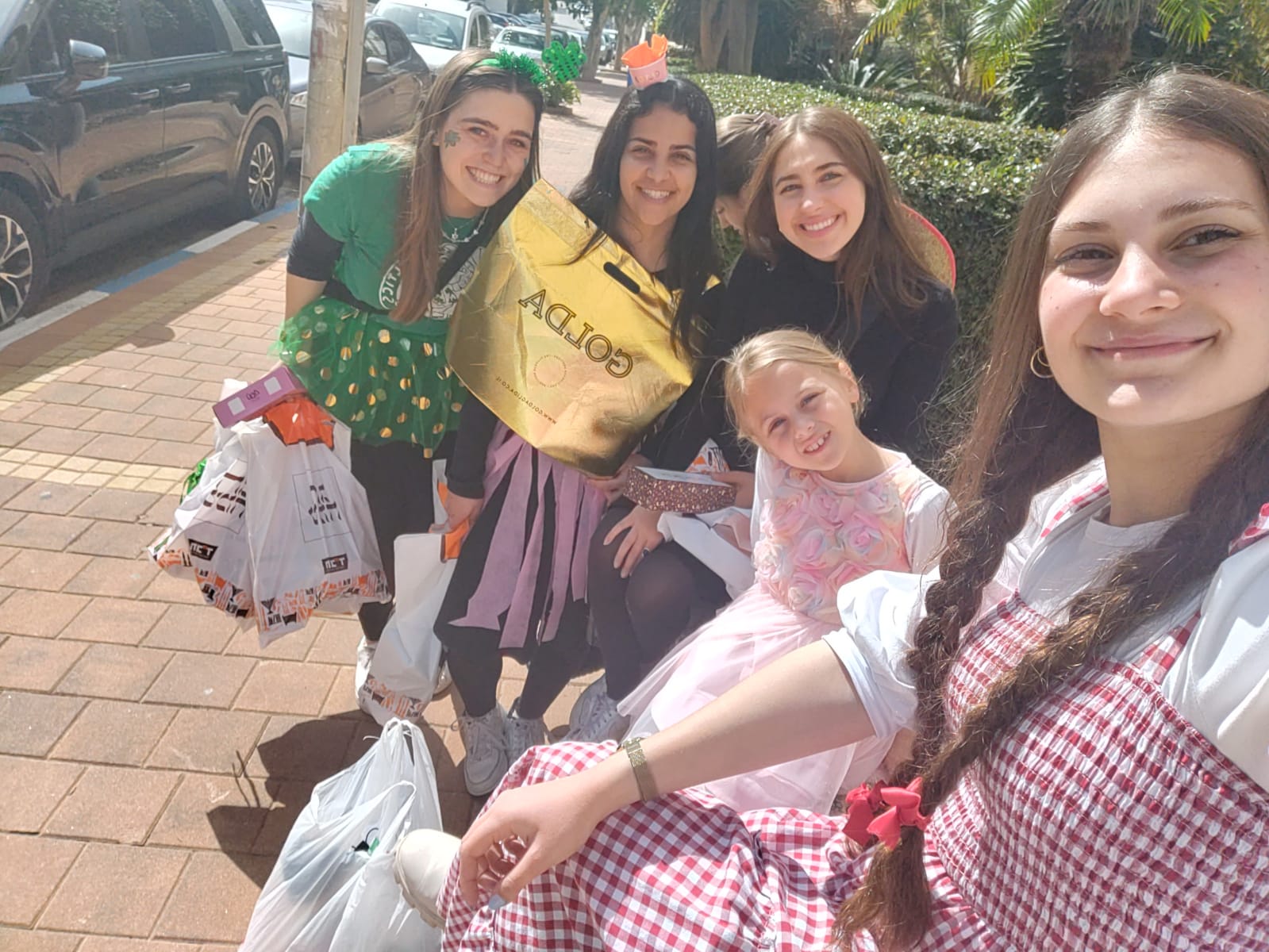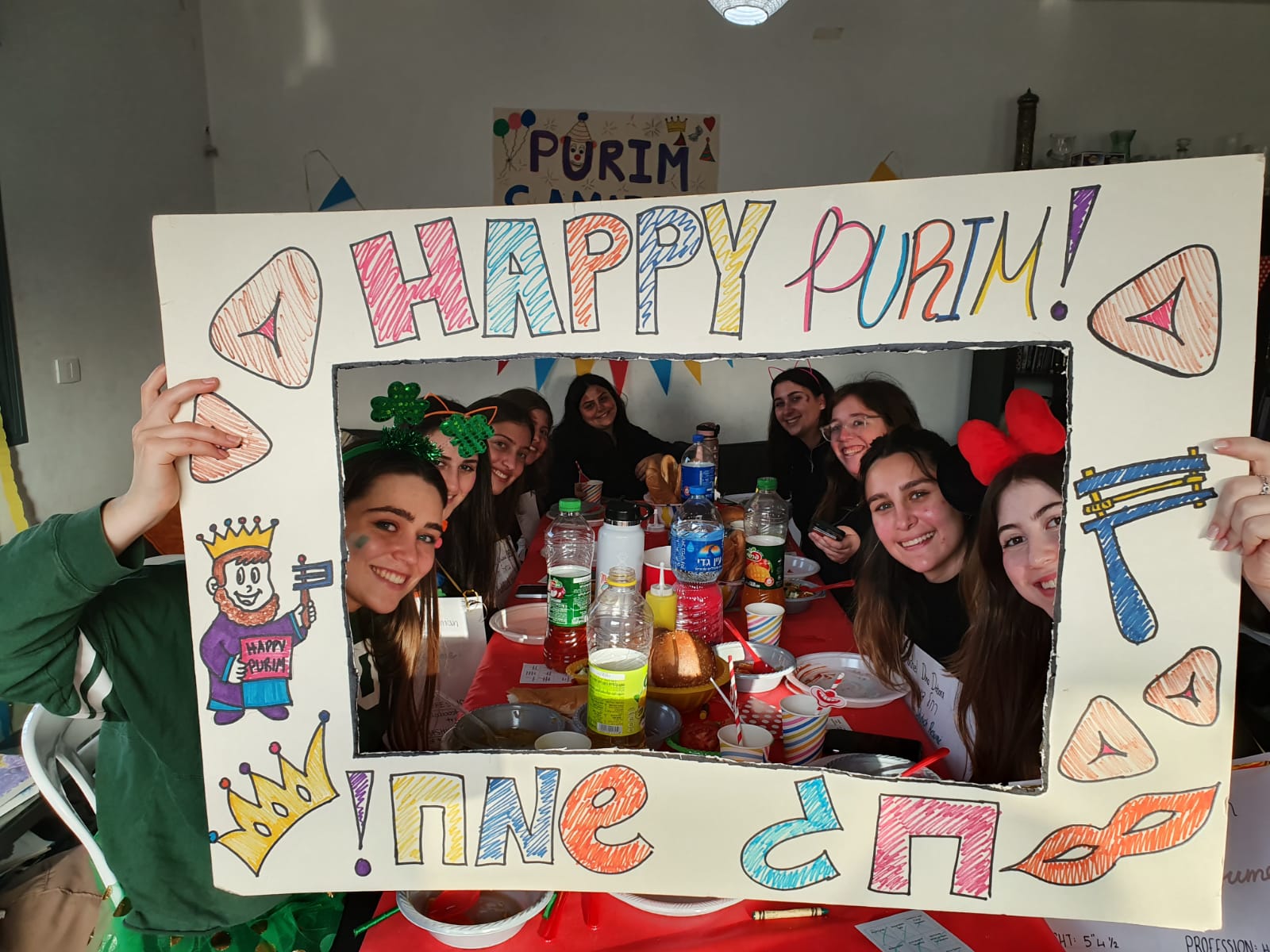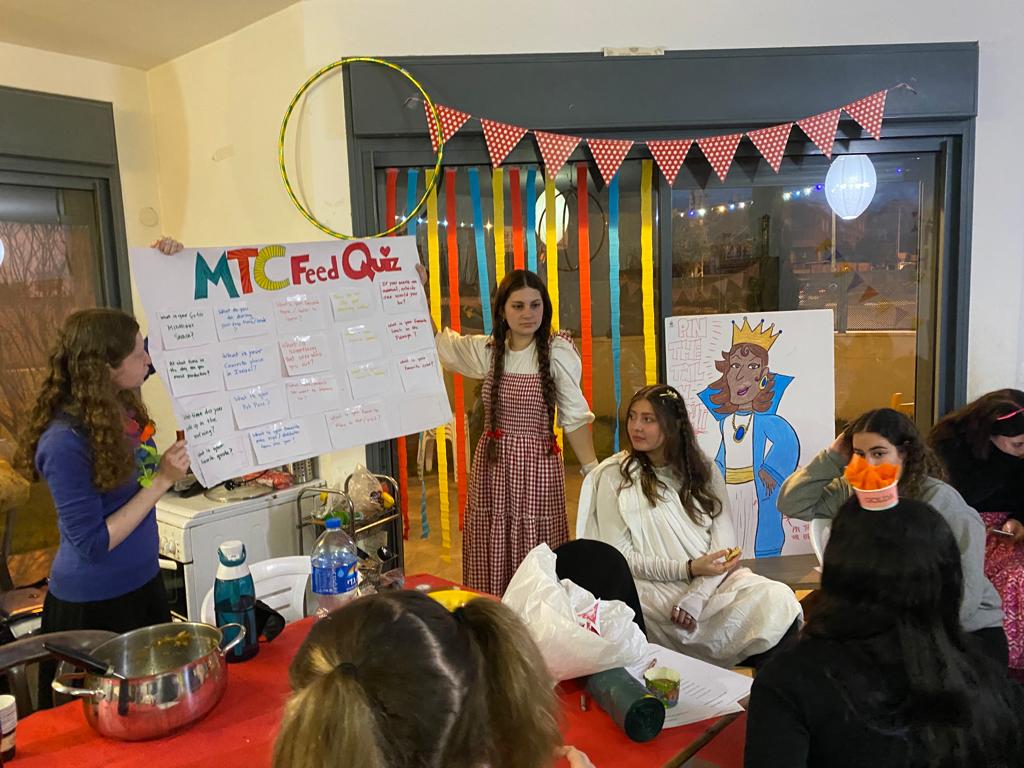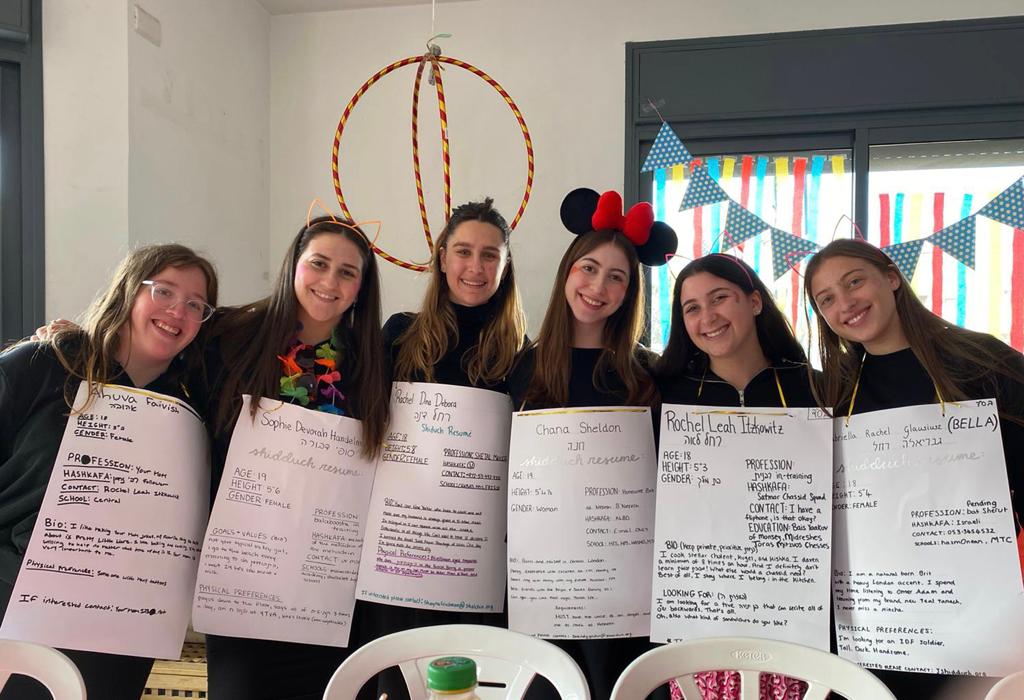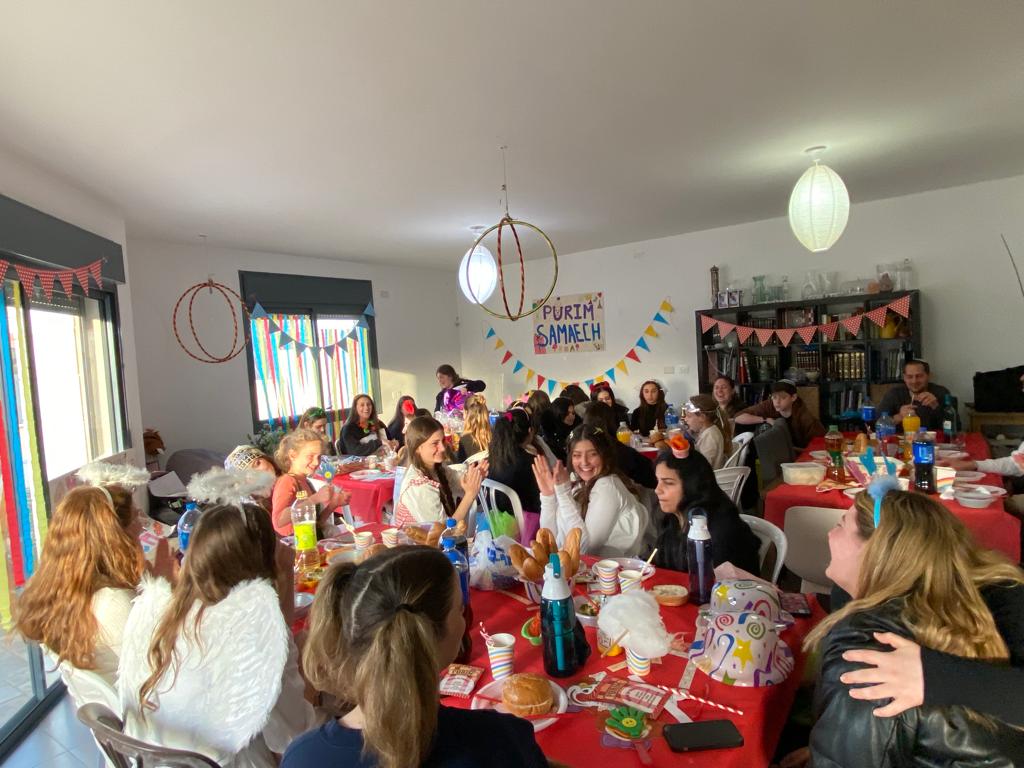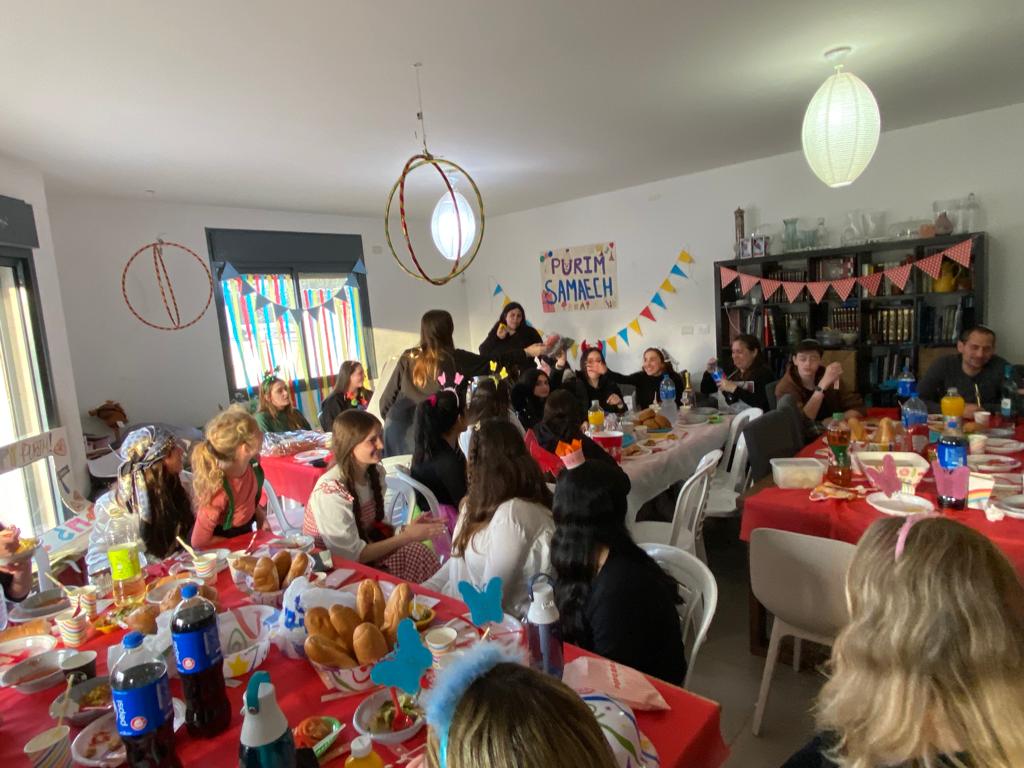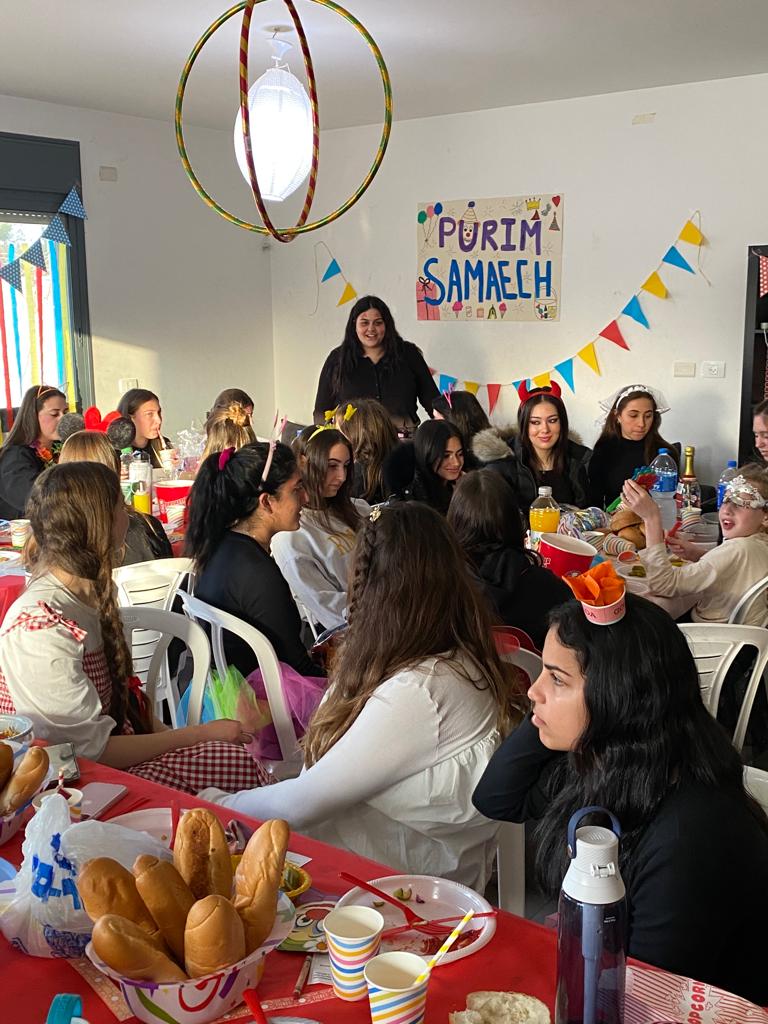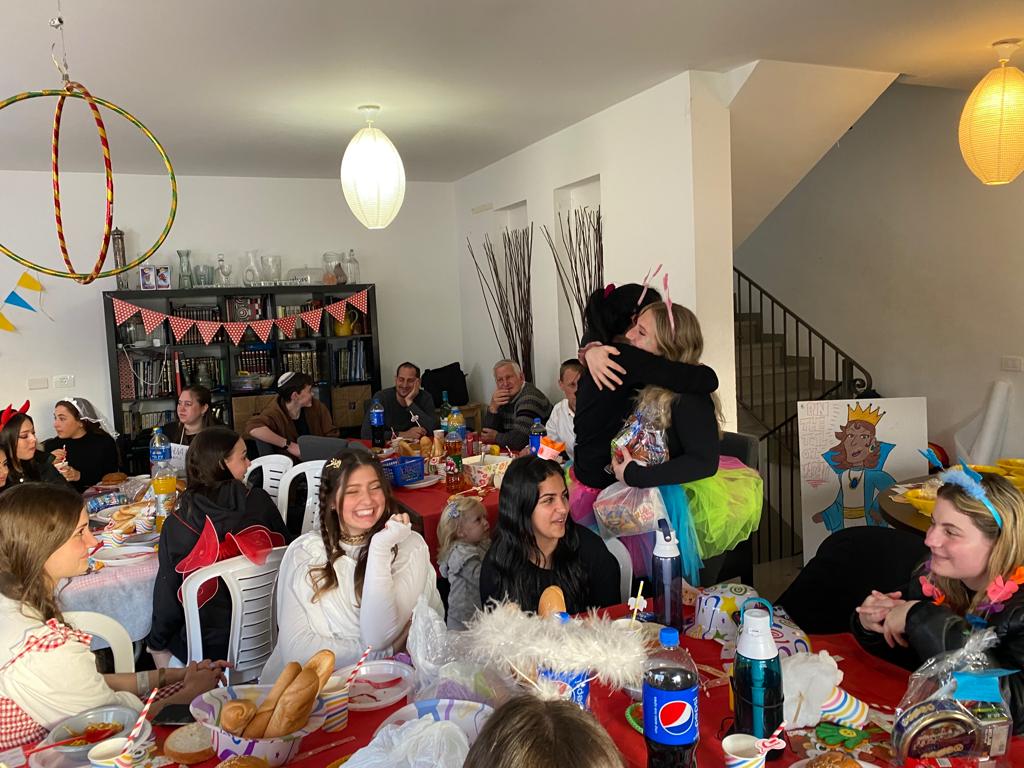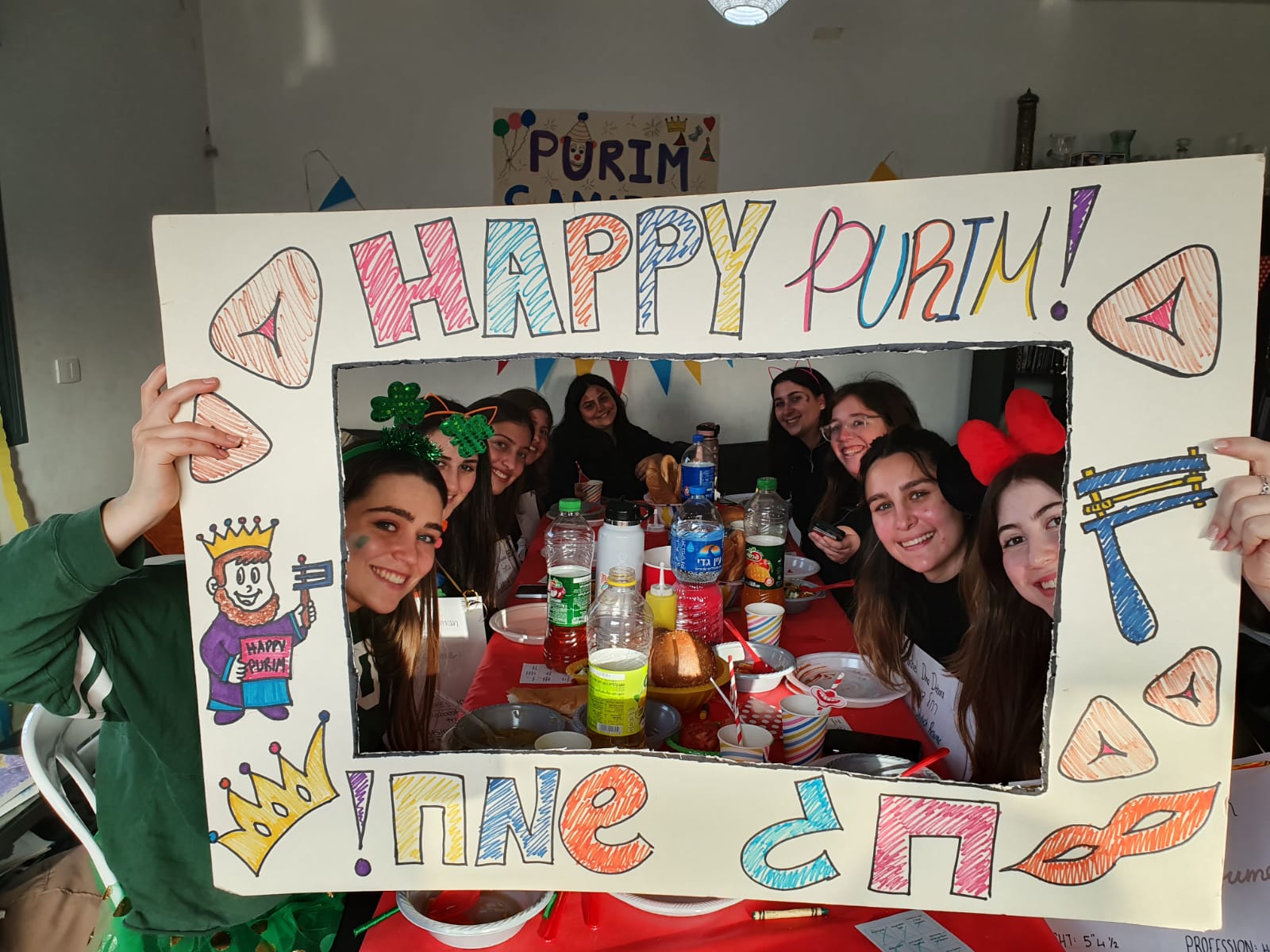
18 Mar MTC Highlights: Parshat Tzav

Lani Margolias - Educator
Parshat Tzav
KEEP THE FIRE BURNING
“Fire shall be kept burning upon the altar continually; it shall not go out” (Leviticus 6:6). On this verse the Jerusalem Talmud comments, “continually — even on Shabbat; continually — even in a state of impurity.”
As has been mentioned before, every aspect of the physical Sanctuary has its counterpart in the inward Sanctuary within the soul of the Jew.
In his Likkutei Torah (Devarim 78d) Rabbi Schneur Zalman of Liadi explains that the altar is the heart of the Jew. And corresponding to the two altars of the Sanctuary, the outer and the inner, are the outer and inner levels of the heart, its surface personality and its essential core.
The altar on which the continual fire was to be set was the outer one. And for the Jew this means that the fire of his love for G‑d must be outward, open and revealed. It is not a private possession, to be cherished subconsciously. It must show in the face he sets towards the world.
The Withdrawn and the Separated
The concept of Shabbat is that of rest and withdrawal from the weekday world. Everyday acts are forbidden. But Shabbat is not only a day of the week. It is a state of mind. It is, in the dimensions of the soul, the state of contemplation and understanding. Its connection with Shabbat lies in the verse (Isaiah 58:13): “And you shall call the Shabbat a delight.” On Shabbat, the perception of G‑d is more intense, more open. And this leads the mind to a withdrawal from the secular and the mundane.
But to reach this level is to become prone to a temptation. One might think that to have reached so far in perceiving the presence of G‑d is to have passed beyond passion to the realm of impassive contemplation. The mind asserts its superiority over the emotions. He has, he tells himself, no need for the fire of love. This is the man to whom the Talmud says, the fire “shall not go out — even on Shabbat.”
There is an opposite extreme: The man who has traveled so far on the path of separation that he feels he has now no link with G‑d. To him the Talmud says, “it shall not go out — even in a state of impurity.” For the fire does not go out. A spark always burns in the recesses of the heart. It can be fanned into flame. And if it is fed with the fuel of love, it will burn continually. The Maggid of Mezeritch said that instead of reading the phrase, “It shall not be put out,” we can read it, “It will put out the ‘not.'” The fire of love extinguishes the negative. It takes the Jew past the threshold of commitment where he stands in hesitation and says “No.”
The remark of the Maggid stresses the fact that to put out the “No,” the fire must be continual. It must be fed by a constant attachment to Torah and to Mitzvot. “Once” or “occasionally” or “not long ago” are not enough. The fire dies down, coldness supersedes, and the “No” is given its dominion.
This explains the commandment: “Remember what Amalek did to you by the way as you came out of Egypt: How he met you (korcha) on the way…” (Deuteronomy 25:17-18). Amalek is the symbol of coldness in the religious life. The word korcha, as well as meaning “he met you” also means “he made you cold.” The historical Amalek “smote the hindmost of you, all those who were enfeebled in your rear, when you were faint and weary: And he did not fear G‑d” (ibid.). The Amalek within attempts to do the same. It is the voice which says “No” when the love of G‑d grows faint and weary. It is the voice which does not fear G‑d. And we are commanded every day to remember Amalek. That is, never to let coldness enter and take hold of the heart. And that means that the fire of love must never be allowed to die down.
These past few days have been very ‘cold’ and rainy.May we have the zechut to absorb the fire of Torah into our hearts and spread its warmth to all those around us.
Shabbat Shalom.
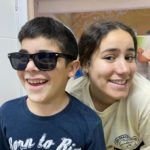
Student Reflection
Channah Tzubary - Kushner, NJ - Staten Island, NY
Purim in the piymya is the craziest and most meaningful Purim I have ever experienced. There have been super fun carnivals, talent shows and smiles all around!!
Looking back at the beginning of the year I was a different person. I was someone who didn’t know what being on her own was like. As months passed by I have seen myself grow into a better version of myself, a girl who learned how to be independent.
Over the months that I have been with my group of boys, I’ve had a lot of ups and downs. I experienced obstacles the old me could never imagine overcoming. With the language barrier and the patience needed with it, I had to learn how to form a connection in a totally new way. I learned how much just being present can make someone’s day and impact their life. Communication isn’t just with words, it’s through expressions. At first when the boys would give me a high five or a hug I wouldn’t think much of it. Now I realize that it’s a symbol of their trust because hugs are precious for them and aren’t taken for granted and we shouldn’t take them for granted.
Last week ended off with an insanely fun carnival at the Pnimiya. They had so many fun activities for the kids and it was such a great bonding time with them. There was also a talent show that the kids ran in the Pnimiya. It was amazing to watch my kids perform because they did an amazing job and I’m so proud of them. In the Pnimiyat Yom there was a carnival that MTC ran. We made different booths and games for the kids to enjoy. There were so many fun games to #enjoy. I ran the pin the hat on the Haman booth which the kids loved!! It was such an honor to put a big smile on the kids face and to properly celebrate the spirit of Purim. I can’t wait to continue to further my connections with the kids.
I’m so grateful to have this opportunity to come to MTC, explore Israel, and make an impact on my boys every day!!!


